

Forest dwellers pound drums upholding rituals while urbanites cry "Progress!" More plunder the land's riches but newly defiant ones shout back.
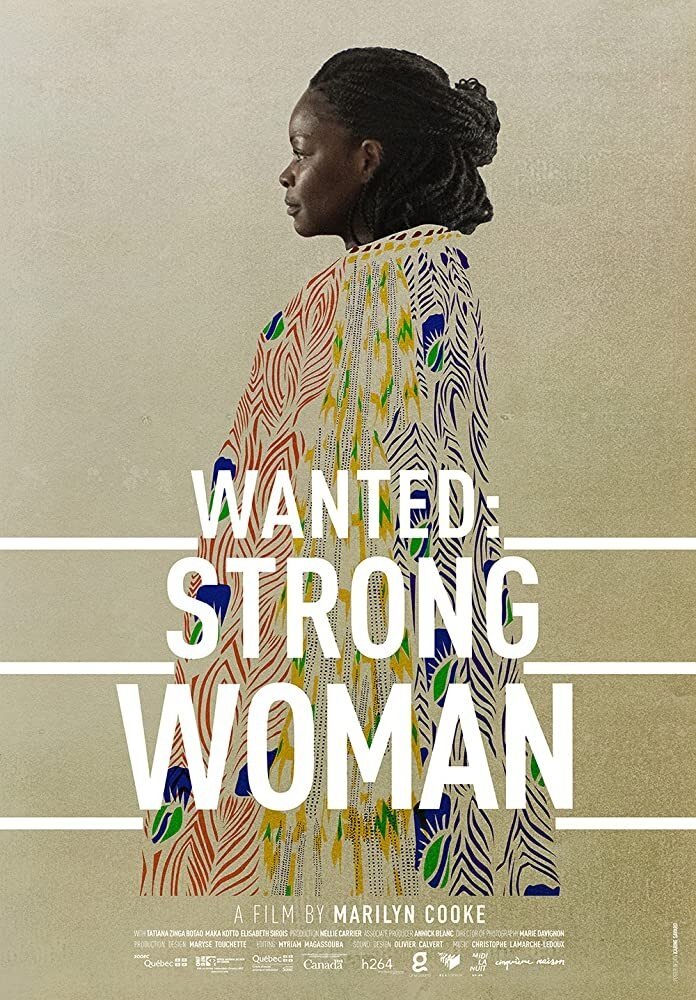
Nadege lacks the confidence to get what she wants from life... until the day she discovers a new passion that awakens the beast inside her.
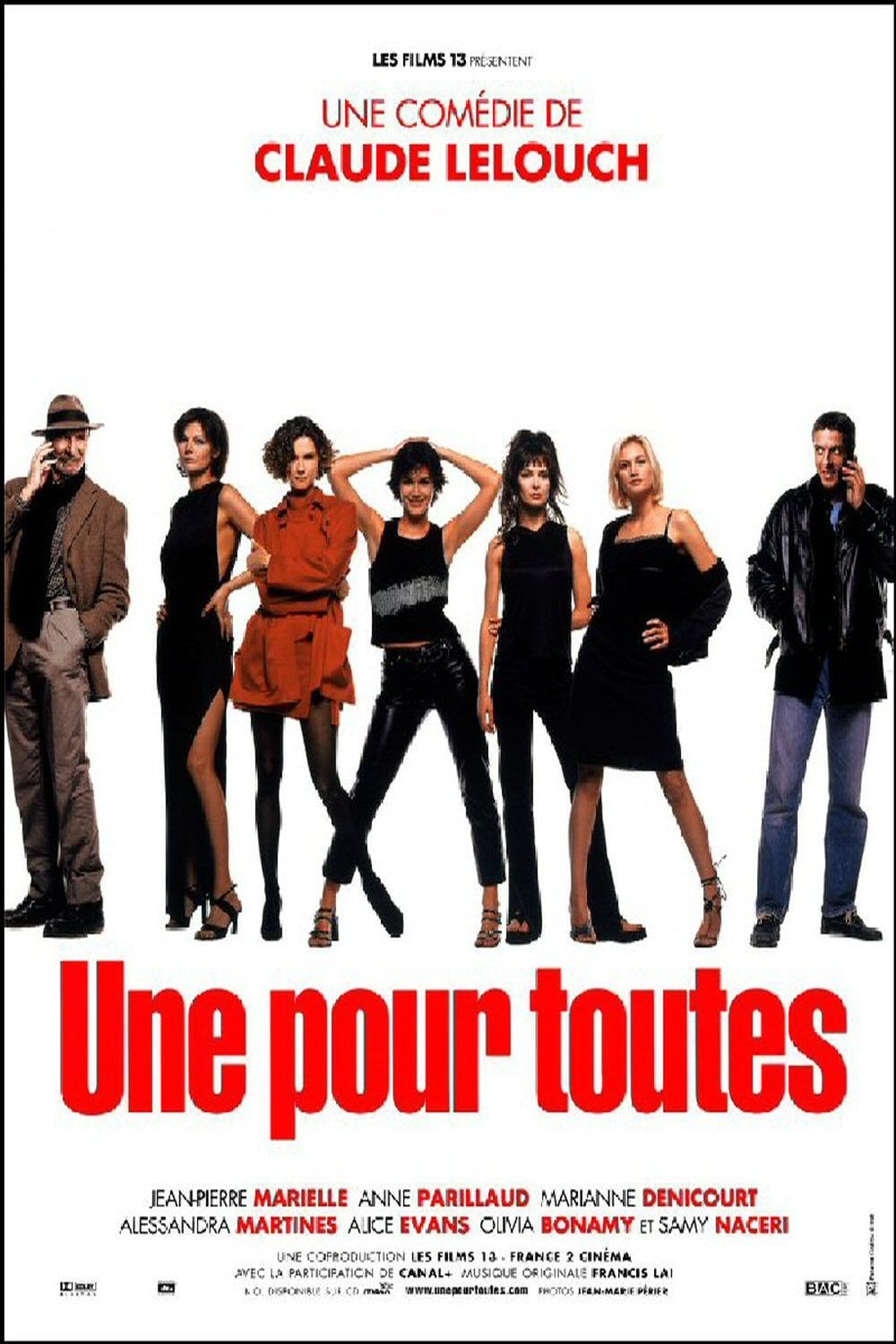
Olivia, Irina and Masha are improving their acting skills. They no longer believe in Prince Charming, and their career is waning. Olivia works at the front desk at the airport and offers a wonderful plan: he would do so that friends will be aboard the Paris - New York plane and will sit next to wealthy men. Their task is to seduce the rich and pull them out of money. But the fraudsters do not suspect that Comissaire Bayard and his young assistant are closely watching them...
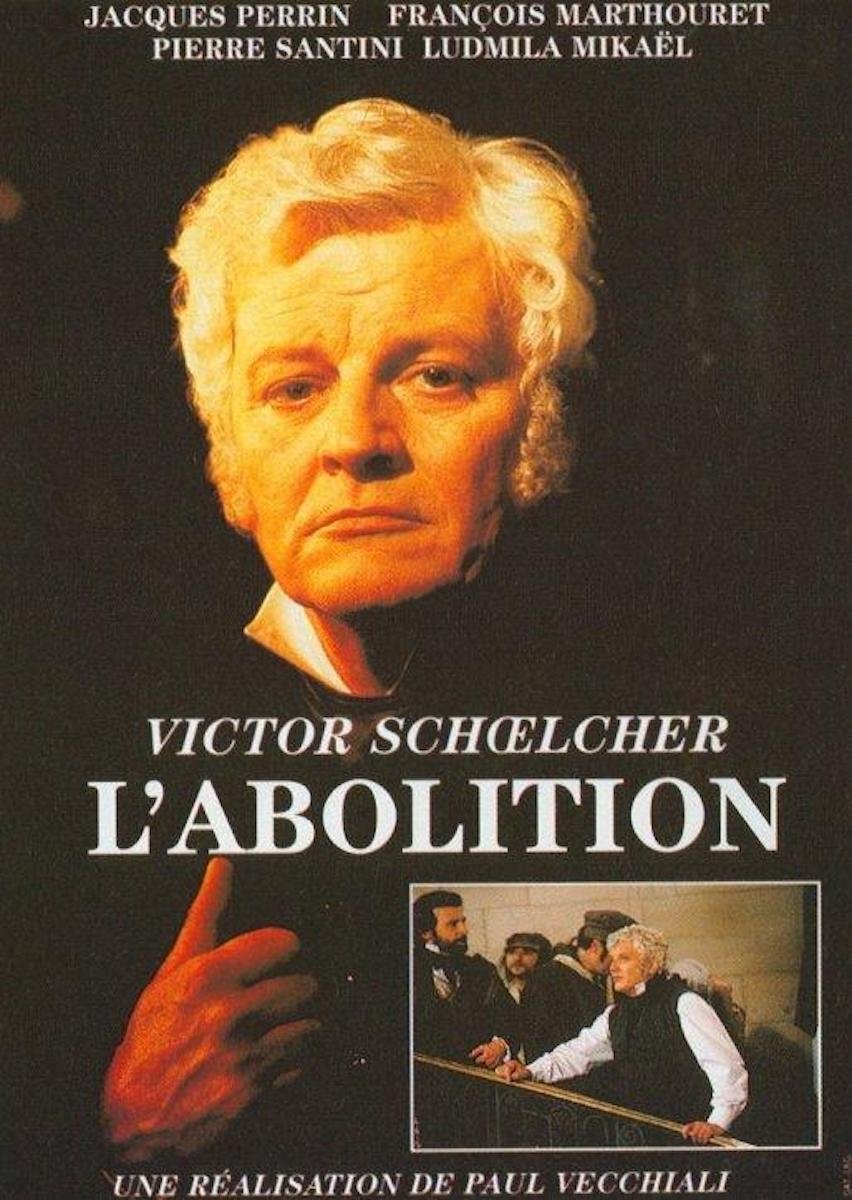
The struggle of Victor Schœlcher for the abolition of slavery in the French colonies.
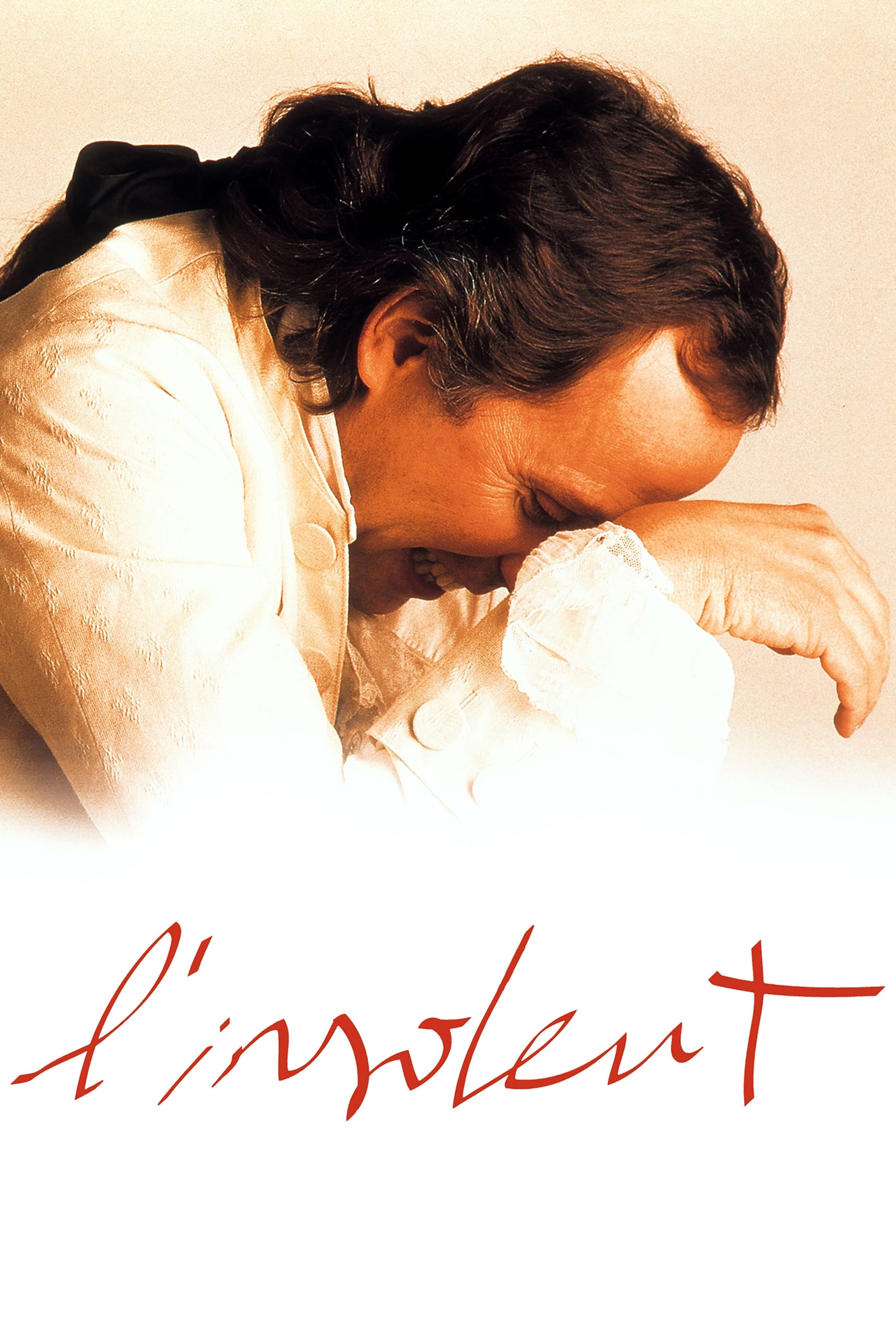
Beaumarchais the Scoundrel is a biopic film based on the life of the French playwright, financier and spy Pierre Beaumarchais depicting his activities during the American War of Independence and his authorship of the Figaro trilogy of plays.

Lucien Hastier, known as "Lulu", is a locksmith in La Courneuve and a communist activist. He had never known his parents and had been raised by the public assistance, a notary comes to announce that his father died and left him an extraordinary inheritance: a castle, a title of duke and a royal filiation. But problems arise, the deceased duke has left heavy debts and suitors to the title.
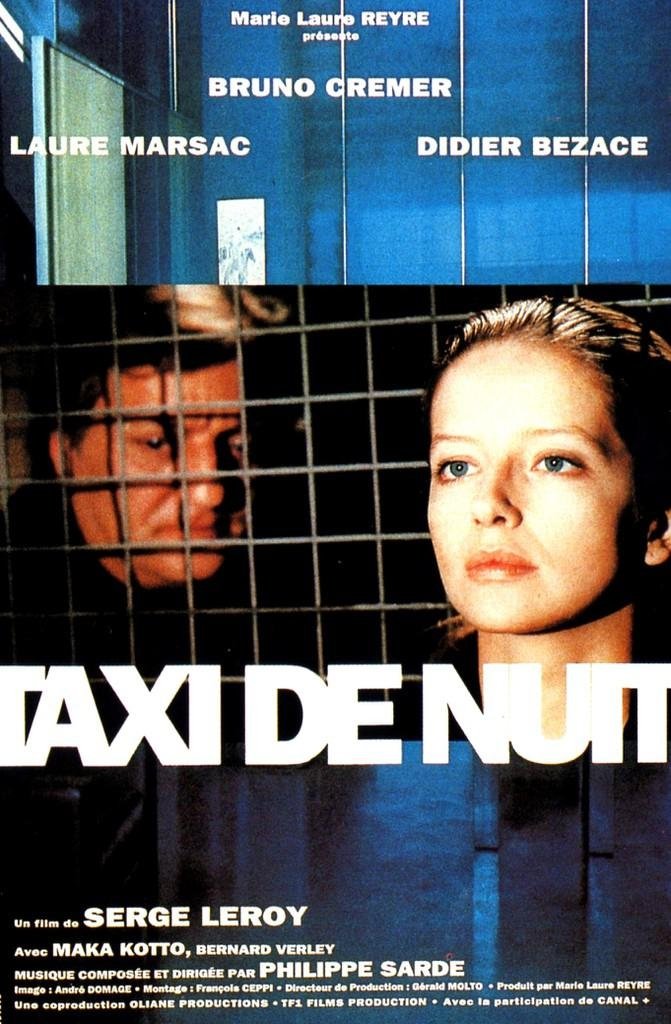
It is only a few years into the future, but the face of France has changed drastically, due to its takeover by a moralistic, hypocritical and totalitarian regime. Women with children who want to divorce their husbands are not allowed to do so, all political parties have been outlawed, smoking is illegal and everyone must work. After a spat with her boyfriend, Carole (Laure Marsac) hails a taxi, not realizing that she has done so without any of the money or identification papers she needs. Her driver (Bruno Cremer) attempts to help her, but a variety of mishaps bring her to the attention of the police, who proceed to arrest her on made-up charges and a phoney HIV-positive result on tests given at the time of arrest.

Elle (Isabelle Gélinas) wants to make a film about African wildlife. Adrien (Eric Métayer) is obsessed with the idea of making love to Elle in a very peculiar and theatrical imaginary bedroom. Perhaps following a principle of sympathetic magic, he arranges for a crew of eccentric friends to help create the bedroom of his dreams. If one part of his dream comes true, perhaps the other one will.
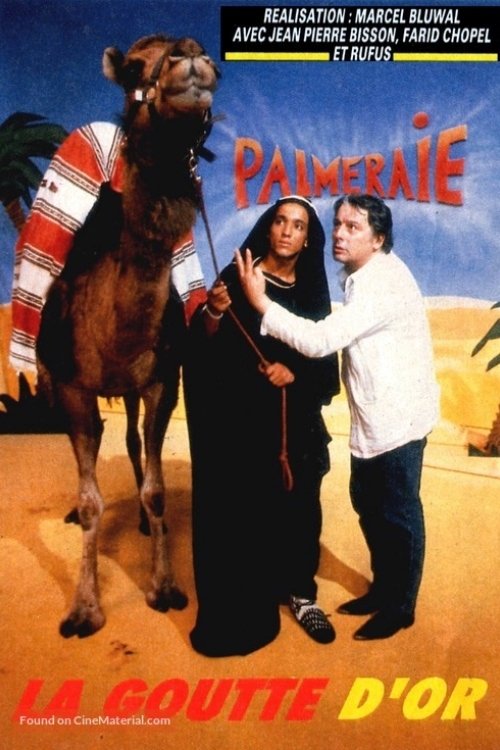
Idris is a young shepherd in the desert of Tunesia. One day a jeep drives by and a woman takes a picture of him; she says she's from Paris and promises to send him a copy. But when nothing arrives during the next months, Idris becomes worried. His father advises him to get his "face" back or bad things may happen to him. So he sets out to Paris... and discovers Paris as a world full of strange things and weird behavior.
Maka Kotto (born December 7, 1961) is a Cameroonian-born Canadian politician. Educated in France, Kotto immigrated to Quebec, Canada, where he was an educator before entering politics. Kotto was a Parti Québécois member of the National Assembly of Quebec for the riding of Bourget. From 2012 to 2014, he served as the Minister of Culture and Communications. A former member of the House of Commons of Canada for the Bloc Québécois, Kotto is also a published author and has appeared in films. Kotto was born in Douala, Cameroon, and graduated from high school at Lycée Henri-Martin in Saint-Quentin, France. He studied law, politics, dramatic art and cinema in Nanterre, Bordeaux and Paris. Kotto immigrated to Quebec in 2006. Before becoming a politician, Kotto was an author, actor, and stage director. He appeared in the 1989 movie How to Make Love to a Negro Without Getting Tired (Comment faire l'amour avec un nègre sans se fatiguer), based on the novel by Dany Laferrière. He also appeared in a second film in 2000, Lumumba, starring as Joseph Kasa-Vubu. Kotto was also an educator in dramatic art for nearly 15 years in France and Quebec. Kotto was elected to the House of Commons of Canada, representing the Bloc Québécois in the 2004 Canadian federal election. In that election, he defeated incumbent Liberal MP Yolande Thibeault and five other candidates. Upon winning the Saint-Lambert riding, Kotto became the first black Canadian Member of Parliament for the Bloc. He was re-elected two years later, winning a comfortable, but reduced, popular vote and a much larger plurality in the 2006 Canadian federal election. He defeated five other candidates to win his second term in office. Kotto served as the Bloc's critic for Canadian heritage. On November 12, 2007, Kotto announced that he would be the candidate for the Parti Québécois in the provincial riding of Bourget in Montreal to fill a vacancy created by the resignation of former PQ house leader Diane Lemieux. It was his second attempt at provincial politics; he was defeated in his previous candidacy in Viau by former Liberal MNA William Cusano. Kotto resigned his seat in House of Commons of Canada on March 5, 2008, in order to run in the provincial by-election. His vacancy was officially recognized by the Speaker on March 13, 2008. On May 12, 2008, he won the Bourget by-election as a Parti Québécois candidate with 40% of the vote. With the election of the Parti Québécois on September 4, 2012, Kotto became Minister of Culture and Communications. Kotto was re-elected in the 2014 Quebec election with a smaller margin, but the Parti Québécois government of Pauline Marois was defeated and Kotto became a member of the Official Opposition caucus. He was defeated in the 2018 election. Kotto is the husband of former Longueuil mayor and Bloc Québécois caucus colleague Caroline St-Hilaire, and is the father of four children. Source: Article "Maka Kotto" from Wikipedia in English, licensed under CC-BY-SA 3.0.
By browsing this website, you accept our cookies policy.